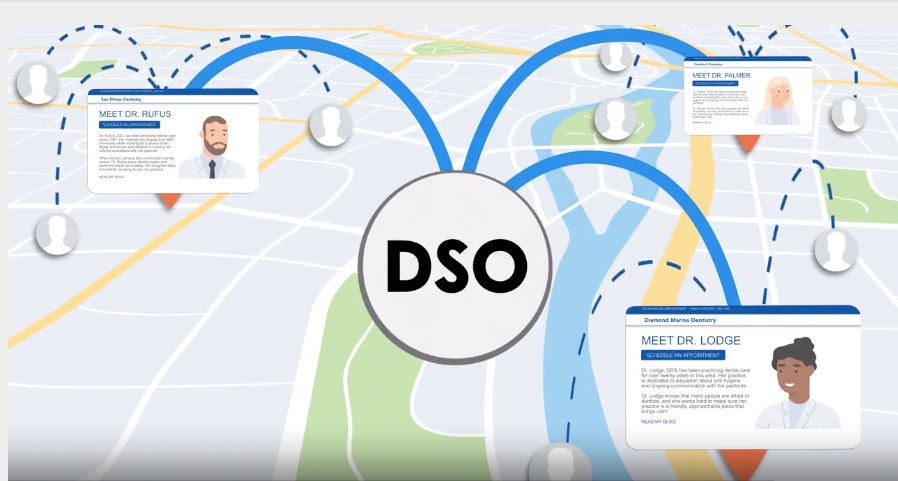Amp Up Your Marketing with These Creative Video Ideas
When you have fresh, inspiring, creative ideas for new marketing tactics, it's easy to get excited about promoting your brand, but those ideas can be...
In today’s digital world, many companies are incorporating more video into their overall marketing strategy, but if they’re starting from scratch, figuring out where to begin can be a challenge. We’ve put together a plan to guide both marketers and business owners to help demystify the seemingly complex video marketing process.
A strong video marketing strategy begins with two guiding questions: ‘What goals are we trying to achieve?’ and ‘What kind of video do I need to make to support that goal?’ Keeping these questions in mind will help you to hone in on details while remembering to see the bigger picture.
As with any business initiative, strategy should be both your foundation and your north star, grounding the project while inspiring you to think creatively. Strategy starts by identifying your goals and benchmarks. We ask our clients to consider the following questions:
Pro tip: Skip the 5-6 minute vanity video explaining your origin story. It’s an outdated practice that won’t achieve your goals. Instead, produce several shorter videos with dynamic content that shows how you can solve your clients’ challenges!
Once you have identified your goals and benchmarks, you can ideate videos to align with your target audience. First of all, think about how videos align with the different stages of your prospect’s buyer journey.
Awareness stage videos: At this stage, people don't really know anything about you. They don't know your product or your service. If you are looking to drive overall awareness of your company, you would be best-served by creating short videos that help people start to understand who you are, what you do, and how you can solve their problems.
Types of awareness stage videos:
Consideration stage videos: When a prospect is in the consideration stage, they know who you are and are deciding whether your product or service fills the needs or the problems that they have.
Types of consideration stage videos:
Decision stage videos: At the decision stage, you want to provide people the information they need to cross the finish line and choose you over your competition.
Types of decision stage videos:
When you’re creating a video, it’s easy to be hung up on your business and what you want to say because you’re the one standing on center stage. However, by bearing in mind your business goals and considering where your customers are, you will stay focused on the real goal for your video: to showcase how your products or services will solve your customer’s problem or challenge and to serve them on their journey.

When you have fresh, inspiring, creative ideas for new marketing tactics, it's easy to get excited about promoting your brand, but those ideas can be...

Defining ‘digital storytelling’ versus ‘video content’ is like categorizing ‘squares’ and ‘rectangles.’ Digital storytelling is video content, but...

Since the dawn of humanity, people have used images to communicate complex ideas in visually intriguing, stimulating ways to others. Today, companies...